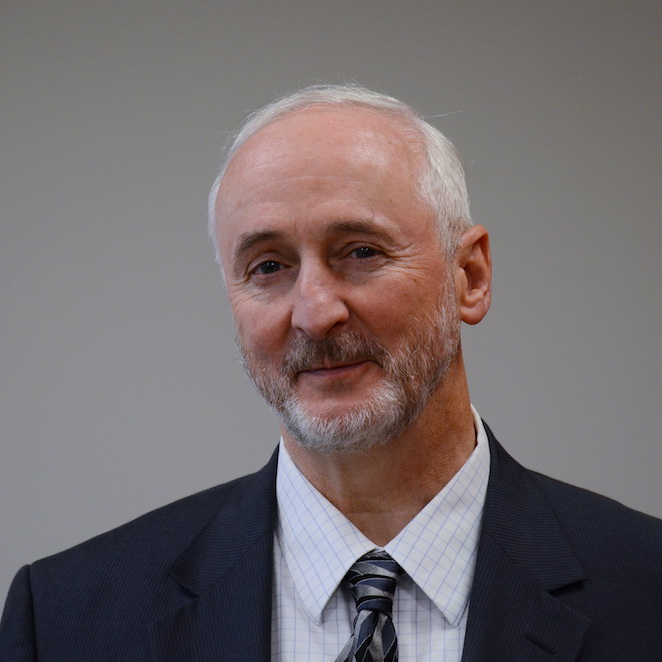What this fall’s extraordinary synod holds in store for us is obviously a matter of speculation for the moment, but a plausible starting point for such speculation is the current state of the Church. The central fact of late twentieth century Catholicism is that it is the era succeeding the Second Vatican Council.
For all the turbulence and difficulties in the wake of the Council, it seems to me impossible for a loyal Catholic to view it in any other light than a divinely inspired initiative. An ecumenical council, in unity with two Popes, cannot be dismissed as a tactical mistake. In the long run, I know, the Council will be looked back upon as a great turning point for good in the modern Church;
But in the short run there is no question that the Council has been the occasion for all sorts of problems. As Cardinal Ratzinger pointed out in his recent interview, The State of the Faith, the Council was accompanied and succeeded by what he calls the “anti-spirit of the Council,” which sought to use the Council to justify many things quite contrary to its spirit and letter. In fact, in many cases, I think that these forces, with powerful support from various media, were openly hostile to essential dogmas and moral teachings of the Church.
The net result was a crisis of authority in the Church. In a way that would be funny were its effects not so awful, leading theologians railed against authoritarianism in the Church at a time when, for example, a Catholic college student could routinely find himself being taught by those who denied most of the Church’s teachings on contemporary problems of sexual morality, the Church’s infallibility and authority, the inerrancy of Scripture, the Real Presence, the divinity of Christ, and indeed, virtually any dogma—not only with utter impunity, but to the adulation of peers and various journalistic writers. If ever there was a Pope who was not authoritarian, it was the unfortunate Pope Paul VI, who must have set a record for receiving undeserved abuse. During this time, the very notion of loyalty to the Church and the Pope seemed lost amidst the arguments for the right and even duty to dissent.
Nor were the difficulties confined to intellectuals, although they were most acute there. The magnitude of dissent, the silence of many clerics, and perhaps the reluctance of some to exercise authority, suggested to many ordinary Catholics that Church teaching was more “flexible” than it had seemed, that “conscience” was a moral norm that might in particular situations take precedence over the Church’s teaching on morality, especially regarding contraception, and, after a time, even abortion.
Pope John Paul II came to the papacy in the midst of this turbulence, in what was surely another divine initiative on behalf of the Church. He has confronted the situation head on and made some headway in the struggle to restore order. He was certainly helped in this by the fact that there were other, happier post-Council developments which helped to balance the gloomy factors mentioned above (for example, the general resurgence of the desire for personal spirituality in the 1970’s).
The Pope has been able to achieve success in a variety of ways. As the first Polish pope and as a superb speaker, he is almost inevitably a “media-figure”—he simply cannot be ignored. His forceful statement of the Church’s social teachings, which sometimes coincide with secular agendas (as in the case of Mother Theresa’s marvelous work), wins him attention and sympathy from many opinion-makers. His trips to every part of the world enable him to speak powerfully and directly to millions upon millions of people (and also provide an occasion to provide his brother bishops with moral support). He has presided over the culmination of the process of writing Vatican II (the real Vatican II!) into Church law, with the promulgation of the revised code of canon law.
The result has been a reinvigoration of spirits among loyal ordinary Catholics. Conversely, anti-Council forces are clearly on the defensive and afraid, raising the typical cries of “repression.” (Perhaps Dr. Johnson was right in his time that patriotism was the last refuge of scoundrels, but my vote for its successor in our times is “pluralism.”)
Having consolidated the forces of the Church, the Pope has been moved—by the Spirit, I would presume, just as Pope John XXIII was in calling the Council—to call this special synod. I would hazard the following guesses as to the purposes of the synod. First, it will review and restate the central teachings of the Council. Second, it will note, describe, and reject the distortions of the Council’s teaching. Third, it will call the whole Church (through the bishops) to enter the new era of Church history: pressing forward with evangelization into the next millennium, united, without the distractions of internal divisions.
We will be invited to focus all our attention on our real task: personal sanctification and the sanctification of others through apostolate: apostolate with fellow Catholics, apostolate with our separated brethren (and nothing will forward true ecumenism more than clarity about what the Church teaches), and apostolate with the countless men who have never really heard the Gospel.
If this extraordinary synod ends the way the last several have, the Fathers of the Synod will ask the Pope to gather up their observations and unite them with his own in a major papal document. We can look forward to such a document as one which will rank with the teachings of Vatican II itself as the most important of this century.
Whatever the synod turns out to be, there is no question that it is an occasion of some importance. It would certainly justify the kinds of preparatory practices that the Church, and many other Christians, traditionally have encouraged on such occasions: prayer and sacrifice for its deliberations and for its fruits.
